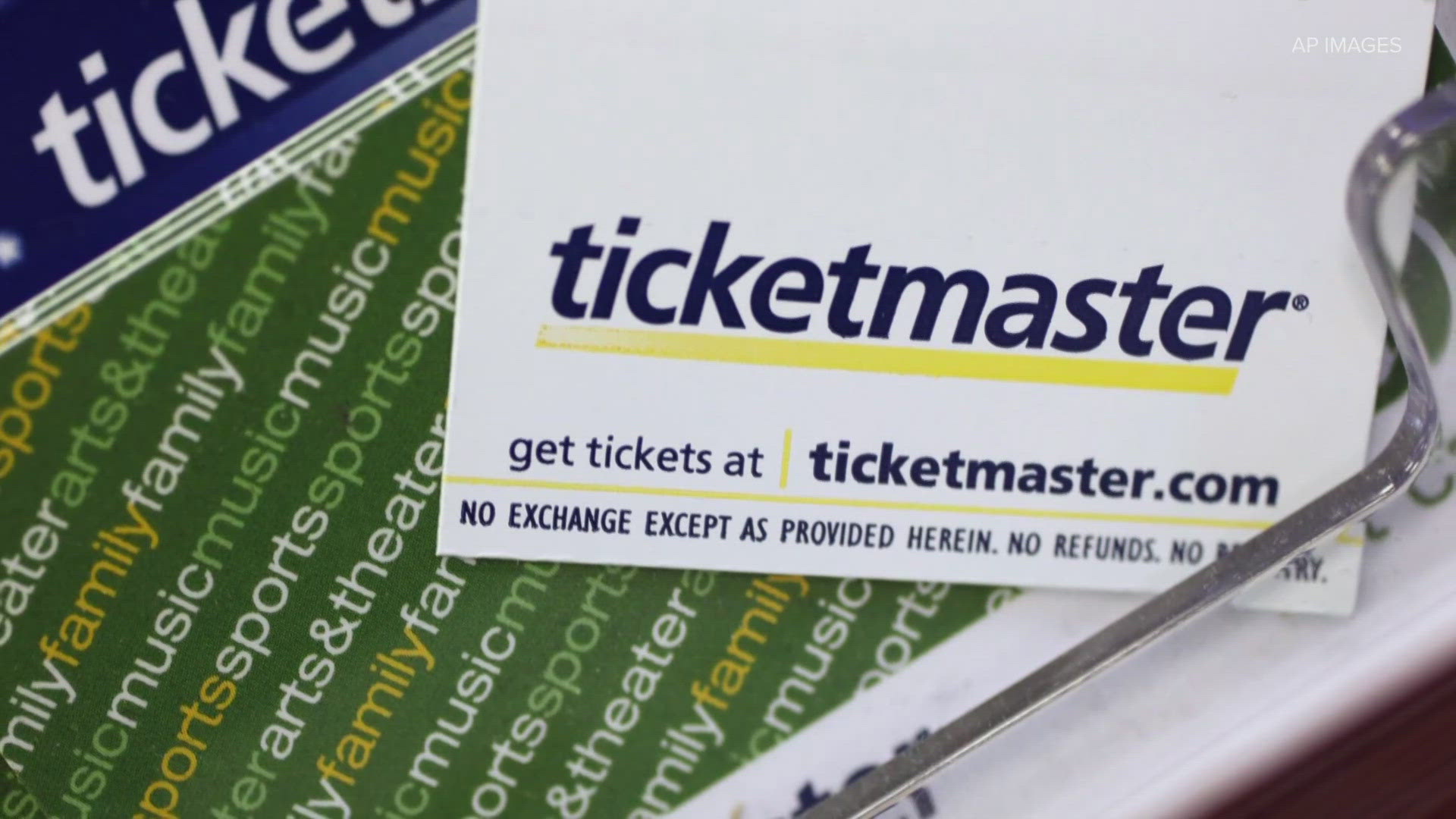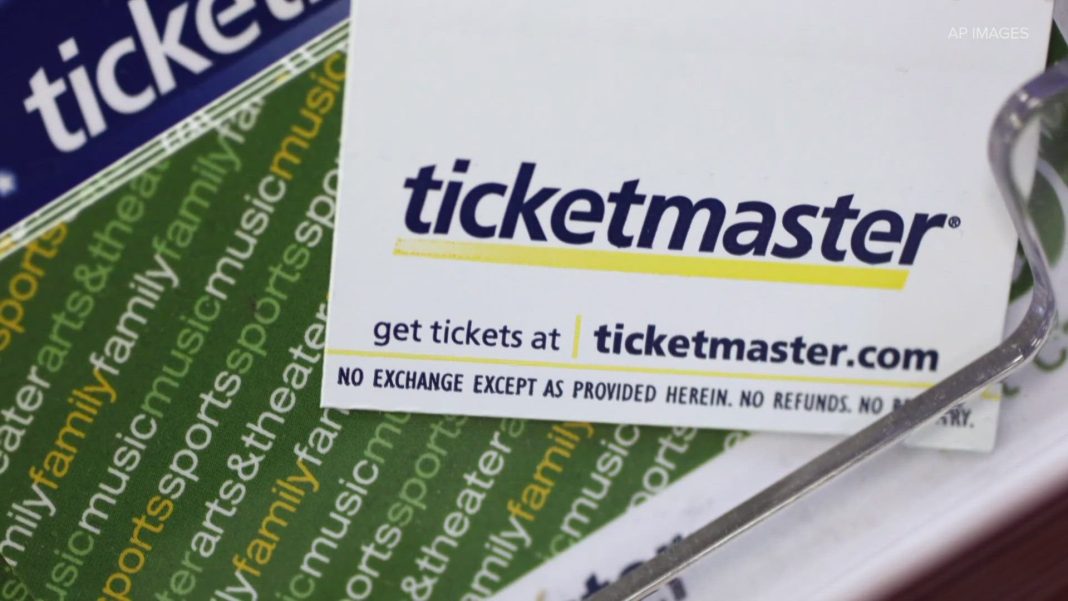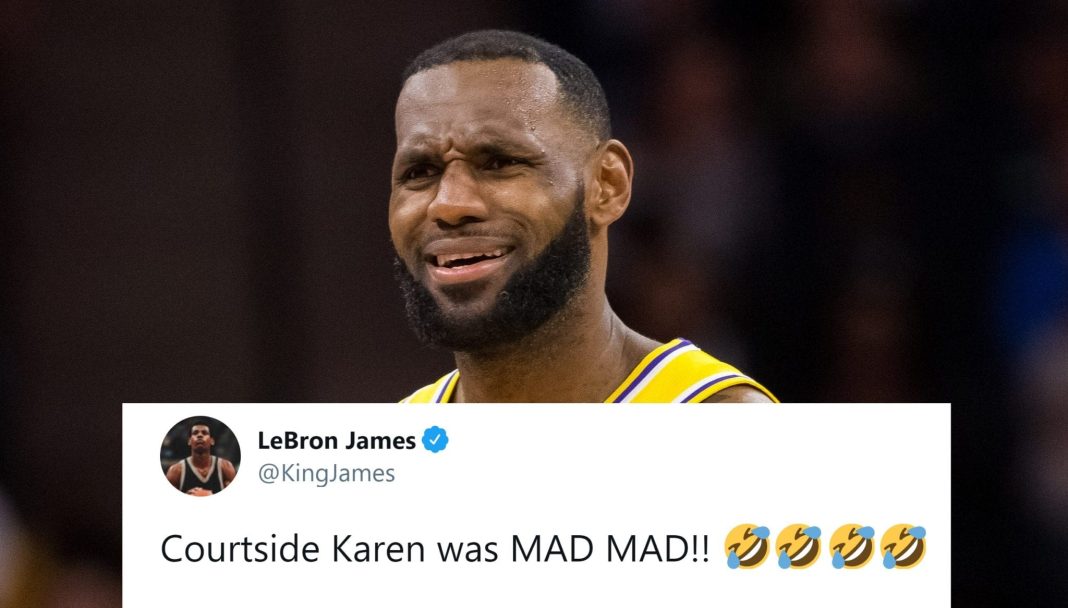 The federal government has taken legal action against Live Nation Entertainment, the parent company of Ticketmaster, to dismantle its monopoly on concert ticket sales in the United States. U.S. Attorney General Merrick Garland, alongside 29 states, announced the federal anti-trust lawsuit at a press conference on May 23. The lawsuit follows a class action lawsuit filed by fans of Taylor Swift against Ticketmaster last year.
The federal government has taken legal action against Live Nation Entertainment, the parent company of Ticketmaster, to dismantle its monopoly on concert ticket sales in the United States. U.S. Attorney General Merrick Garland, alongside 29 states, announced the federal anti-trust lawsuit at a press conference on May 23. The lawsuit follows a class action lawsuit filed by fans of Taylor Swift against Ticketmaster last year.
During the press conference, Garland stated that Live Nation-Ticketmaster’s exorbitant fees and technological failures have been heavily criticized by both fans and artists. However, the government’s objective is not solely to address inconvenience or frustration but to combat anti-competitive and illegal conduct. Garland accused Live Nation of suffocating its competition, highlighting that Ticketmaster controls over 70 percent of concert ticket sales by using long-term contracts and imposing numerous fees such as ticketing fees, service fees, convenience fees, and handling fees.
The Department of Justice (DOJ) launched an investigation into Ticketmaster’s practices following the aforementioned class action lawsuit involving Taylor Swift fans. These fans alleged that Ticketmaster’s monopoly prevented them from obtaining tickets when the website crashed due to high demand. Taylor Swift herself described the situation as “excruciating.” Ticketmaster issued an apology, and the lawsuit was dropped in August 2023.
Deputy Attorney General Lisa Monaco expressed her support for the DOJ’s lawsuit, emphasizing that it prevents a single company from exerting excessive control over an entire industry. She believes this legal action benefits fans and artists alike, potentially allowing emerging musicians to compete for major shows.
In response to the anti-trust lawsuit, Live Nation posted a lengthy statement on its website, dismissing the government’s claims as “absurd.” The company argued that it does not fit the profile of a monopolist deriving monopoly profits from monopoly pricing. Live Nation defended Ticketmaster’s service charges, asserting that they are comparable to those of other sellers and are often lower. The company also shifted blame for rising ticket prices onto increasing production costs, artist popularity, and ticket scalping.
Live Nation further suggested that there may be political motivations behind the lawsuit, highlighting that the Obama administration approved the merger of Live Nation and Ticketmaster in 2010, acknowledging that there was no legal basis to challenge the merger. The company contended that the merger had actually improved the industry.
During the press conference, Garland shared a personal experience attending a Bonnie Raitt concert during his college years. He witnessed Bruce Springsteen, the warm-up band at the time, and believed he was witnessing “the future of rock and roll.” Garland emphasized that the lawsuit aims to ensure that fans can attend concerts without a monopoly obstructing their access. The objective is to make the live entertainment industry more accessible to both artists and fans.
By taking legal action against Live Nation Entertainment, the federal government seeks to promote fair competition in the concert ticket sales industry. This lawsuit not only addresses concerns raised by fans but also attempts to create a more inclusive and accessible environment for artists and concert-goers alike.


